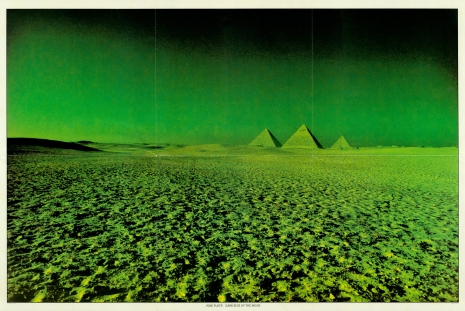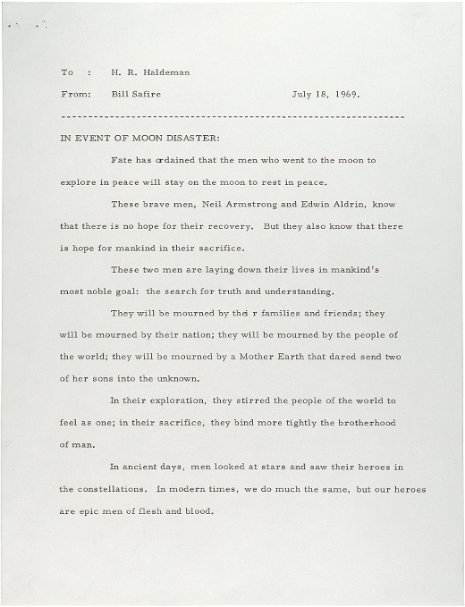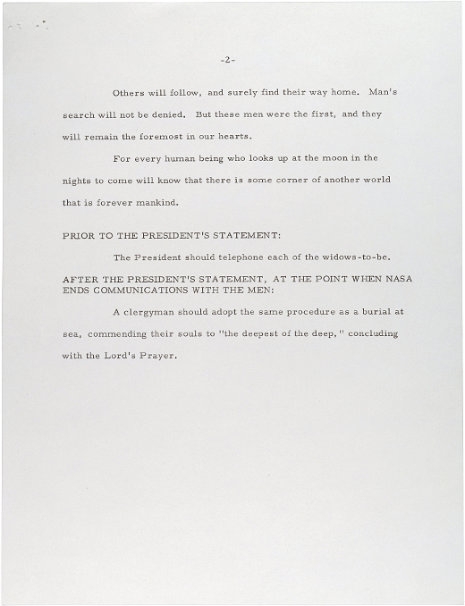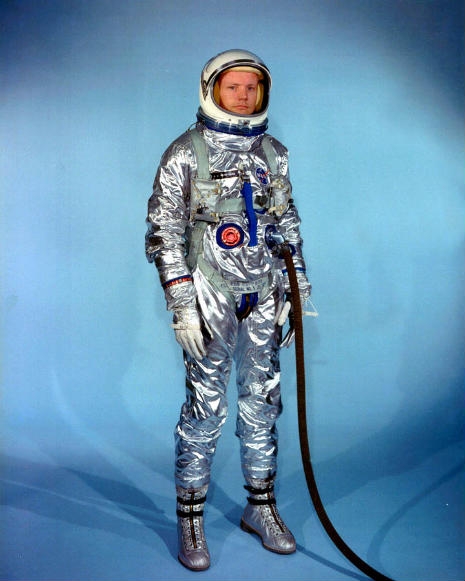
One of the posters that came with copies of ‘The Dark Side of the Moon’ LP
The landing of Apollo 11 on the moon easily qualifies as one of the truly epochal moments of the twentieth century. The three American astronauts, Neil Armstrong, Michael Collins, and Buzz Aldrin, spent about 21 hours on the moon, during which time countless thousands of people surely looked up and thought, “Wow, there are human beings up there.” In fact, we know for sure that David Gilmour of Pink Floyd was one of those people, as we shall see.
With some assistance from its colleagues in the Netherlands and Germany, the BBC mounted programming to celebrate the great event. One of the shows featured a live jam by Pink Floyd. The program was a one-hour BBC1 TV Omnibus special with the whimsical title of So What If It’s Just Green Cheese?. It was broadcast on July 20, 1969, at 10 p.m. Interestingly, the program featured two actors who would become much more famous about three decades later—Ian McKellan and Judi Dench. Dudley Moore and the Dudley Moore Trio were also on hand.
The Floyd jam session eventually came to be called “Moonhead.” It’s included in Pink Floyd’s massive new box set The Early Years 1965-1972, which was released just last week (its 2,840 minutes makes its $571 price tag seem almost affordable. Almost.).
_465_465_int.jpg)
Bootleg cover
David Gilmour reminisced about the appearance in an article he wrote for the Guardian in 2009:
We were in a BBC TV studio jamming to the landing. It was a live broadcast, and there was a panel of scientists on one side of the studio, with us on the other. I was 23.
The programming was a little looser in those days, and if a producer of a late-night programme felt like it, they would do something a bit off the wall. ... They were broadcasting the moon landing and they thought that to provide a bit of a break they would show us jamming. It was only about five minutes long. The song was called “Moonhead”—it’s a nice, atmospheric, spacey, 12-bar blues.
I also remember at the time being in my flat in London, gazing up at the moon, and thinking, “There are actually people standing up there right now.” It brought it home to me powerfully, that you could be looking up at the moon and there would be people standing on it.
More after the jump…









